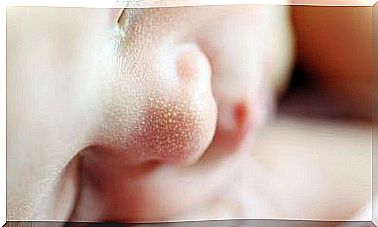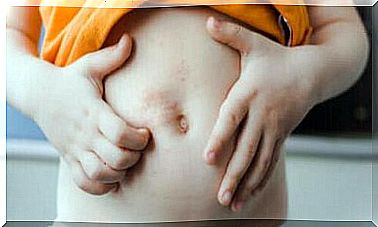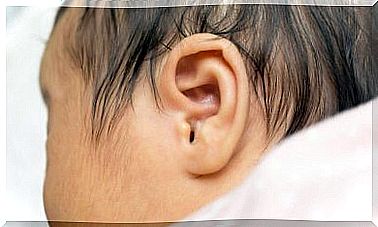9 Tips To Help Your Child Stop Peeing In Bed
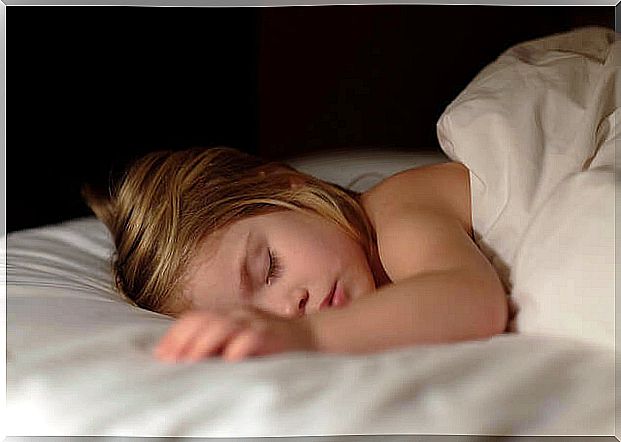
Although it is very common for children to urinate in bed before the age of five, you should take more concrete measures afterwards.
The first thing you should do is consult a pediatrician or urologist who can rule out any health problems.
Normally, children urinate only in bed because they have not established solid habits or because their bladder is not yet fully developed.
Factors that must be ruled out before any treatment
- Sleep apnea. If your child snores or shows signs of sleep apnea, an in-depth medical examination is recommended.
- Urinary tract infection. The signs of a urinary tract infection can be easily detected if a urine sample is taken.
- Diabetes. Diabetes can cause children to urinate in bed. The body’s inability to handle glucose can alter many bodily functions.
9 recommendations to help your child stop urinating in bed
On a physical level
- Establish a fixed schedule for fluid intake. Increase the amount of fluid that the baby drinks during the day and reduce the intake during the evening.
- Plan your toilet visits during the day. During all your child’s activities , a short break for a toilet visit should be built in. This should be every two or three hours and just before the baby goes to bed.
- Remove irritating foods from your baby’s diet. Try to make sure that your child does not consume any irritating foods or drinks in the evening. Caffeinated beverages, such as flavored milk beverages – generally chocolate beverages. These substances can irritate the baby’s bladder.
- Make sure your child maintains fluid balance during the day. Make sure your child drinks plenty of fluids during the day so that he or she does not get thirsty when he or she comes home after school and activities. In this way, your child’s fluid intake becomes more balanced.
- Avoid constipation. The rectum is located just behind the bladder and that is why constipation can cause problems with the bladder, especially at night. Once again, it is important to consult a physician to make sure this is not the case.
- Avoid resorting to penalties. Getting angry at your child for peeing in bed will not teach him or her anything or make him or her develop. It can rather have the opposite effect.
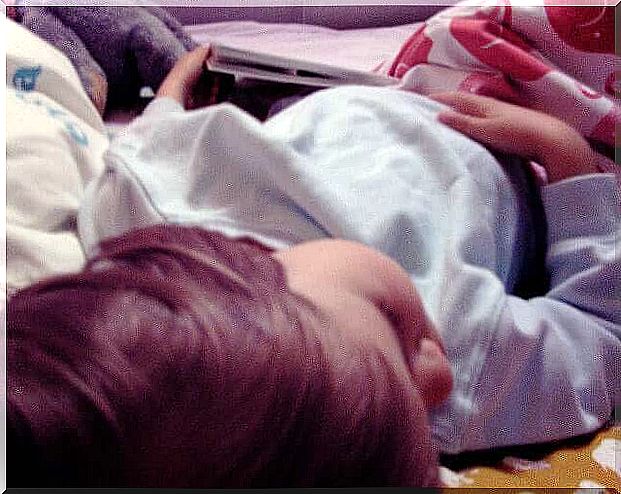
On a psychological level
- Create initiatives. In addition to treating bedwetting on a physical level, you will also need to find psychological solutions. In a calendar or chart, you can draw or paste smileys or stars for each day that your child stays dry at night.
- Offer support and motivation. To help your child stop urinating in bed, you need to acknowledge and praise every little step. Reward every success and make your child feel safe and secure.
- Avoid getting angry to the fullest. Being in a bad mood and scolding your child for peeing in bed only makes things worse. For your child, it is already uncomfortable and shameful to pee in bed (especially for children over 5). Your child needs to feel supported and comforted. Show that he or she is not alone in this process and that it is perfectly acceptable for your child’s body to function a little differently.
Temporary measures
You may want to consider taking some of the following temporary measures: Buy a water-repellent mattress so that the bed is not affected if your child urinates at night. Establish strict eating and drinking habits as well as frequent toilet visits.
There are also medications that can remedy this condition but it is not recommended to resort to such a method unless they are prescribed by a pediatrician to avoid future complications.
Even if you are looking for a quick solution, it is important to remember that this is a learning process that it is important that you help your child with.
